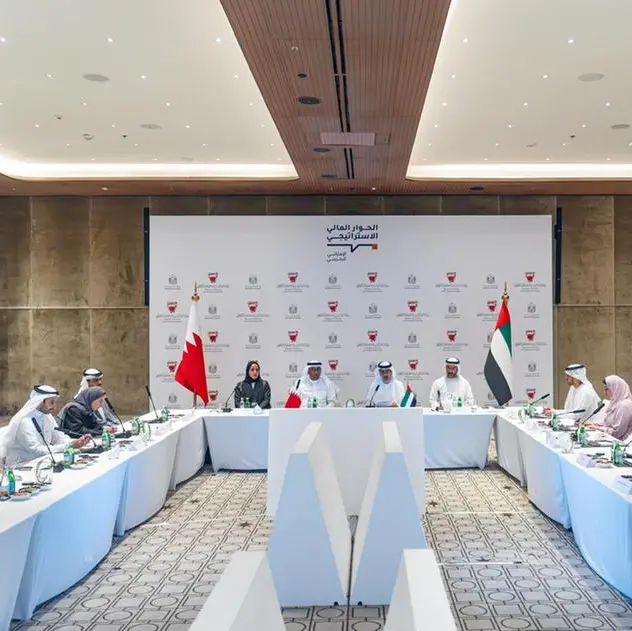PHOTO
Dubai-UAE: – Governments must shift their focus from developing ethical AI regulations to ensuring compliance given the rapid pace at which generative AI is being developed and adopted. That is according to regulatory experts speaking today at the Dubai Assembly for Generative AI.
“We are not regulating AI itself more than we are regulating traditional computers; we are regulating the use of AI and its application in different areas to ensure positive outcomes,” said Stephen Almond, Executive Director, Regulatory Risk, Information Commissioner’s Office, UK Government.
“Regulations in this space are not new. AI has been around for a long time, and the principles for regulating it in terms of fairness, bias, transparency, accountability, safety and security already exist in law. The core focus is ensuring that organizations using the data comply with these laws,” he said during a panel titled ‘Can Regulators Maneuver the GenAI Challenge?’.
The panel also featured John Marshall, Executive Director, World Ethical Data Foundation, and Dr. Akram Awad, Partner, Boston Consulting Group (BCG). Dr. Awad said: “It’s almost impossible to separate the application of responsible and ethical AI from the cultural, social and economic context.”
Discussing the diverse dimensions and layers of regulations causing ambiguity and uncertainty across various sectors, Marshall noted: “Acknowledging these tensions sends a message to some that regulation is intended to restrict and constrain powerful tech companies."
However, he clarified that even smaller tech firms are grappling with ambiguity and pausing their innovations. In fact, they are advocating for regulations, but with a cautious approach.
Marshall further stated: "We have many different dimensions at many different layers, and there is a lot of ambiguity and uncertainty."
Addressing these concerns, in a keynote speech titled 'Google: Rising to the GenAI Challenge,' Alessio Bagnaresi, Director of AI and Advanced Analytics at Google Cloud, said: “A platform-based approach allows you to provide governance for individual use cases. Each AI use case is different, with its own training sets and challenges. The platform approach allows us to apply the right governance to every use case.”
The Dubai Assembly for Generative AI takes place from 11-12 October at the Museum of the Future and AREA 2071 in Emirates Towers. The assembly is organized by the Dubai Future Foundation (DFF) in line with Dubai’s efforts to become a global hub for emerging technologies.
-Ends-




















